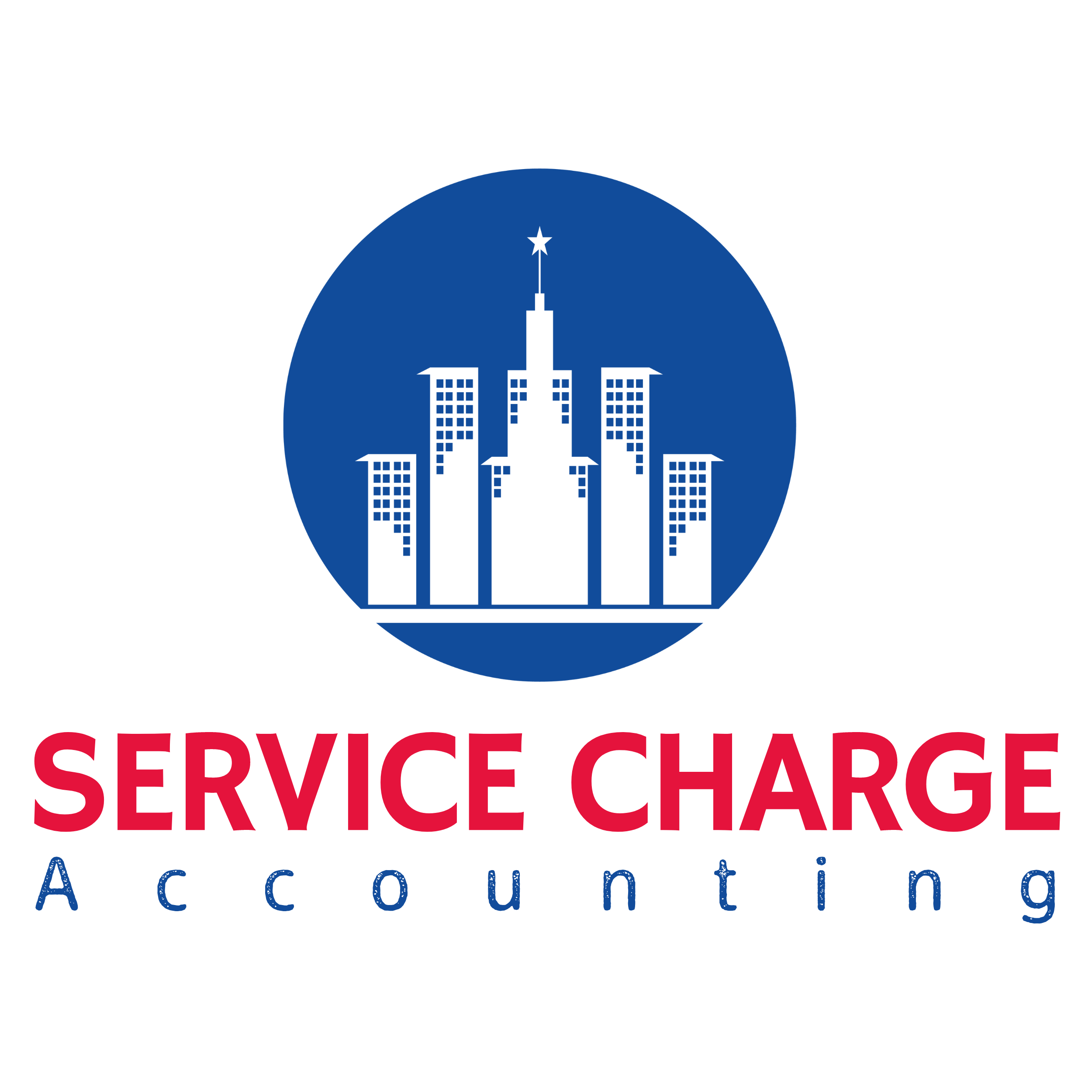Service charges are fees that most leaseholders pay to cover their share of the cost of maintaining the building they live in. It is levied by the landlords to recover the costs they incur in providing the services. The payment schedule is determined by the lease and the costs normally included in the service charges are:
- Repairs & maintenance to shared areas.
- Building Insurance
- Freeholders’ administration or management fee
You are liable to pay your service charges under the terms of the lease to ensure communal areas are maintained for the benefit of the leaseholders. Your lease may set out in detail the services that you can be charged for. If your lease doesn’t have this type of clause, you don’t have to pay for anything that isn’t specifically mentioned in the lease.
The term ‘tenant’ is used in legislation to describe any person who owns the leasehold interest in the property and is liable to pay the service charge under the lease terms. In the more general context, the term ‘leaseholder’ will be used.
A lease is a private contract between you and your landlord which sets out the rights and duties of both parties. The lease sets out exactly what you have bought, what is exclusively yours and what is shared; what services the landlord must deliver and what proportion you must pay.
Any demand for a payment of service charge where the costs were incurred more than 18 month before the demand will not be recoverable unless the leaseholders have been notified in writing of the costs. If you know that you cannot expect to issue annual service charge accounts within 6 months of the end of a financial year, does this mean you may fail foul of the 18 month rule?
A decision of the Lands Tribunal in 2010 clarified that the need for a S20B notice may only arises when there is deficit at the year end.
In Summary
- The 18 month rule does not
apply if the annual accounts or expected accounts will show a surplus. - The 18 month rule does not mean
interim service charge demands in advance allowed by the lease can be withheld
by the lessees. - The 18 month rule only applies
if there is a deficit known or expected at the end of the financial year. - But the 18 month period only
starts from the date in the financial year when you have spent the payments in
advance; not form the beginning of the year if you are billing in advance.
For major works and long term agreements there are statute requirements to consult before committing expenditure. If challenged and consultation has not been carried out, then there are limits on the amounts that can be recovered. BUT those limits are subject to the law on dispensation. Recently the courts have made a backdated application to dispense with consultation more possible. The relevant case was decided in the Supreme Court in 2013 Daejan v Benson.
Any leaseholder can challenge the reasonableness and payability of any service charge item before a Tribunal, whether that service charge has already been paid or not. The reasonableness challenge is whether the costs incurred or to be incurred are reasonable or works carried out reasonably.
The first thing to do is read and understand your lease. Whether or not you are liable to pay usually depends on your lease. However, if the demand is unreasonable then the law is behind you. A service charge demand must show the landlords name and address and be accompanied by a summary of your rights and obligations. The demand is not payable until both requirements have been complied with.
It might be thought that in some cases the Company Accounts and the Service Charge Accounts are one and the same.
Always assume that this is not the case.
If the landlord is a corporate body it must prepare annual financial statements in accordance with the Companies Act 20016, within 9 months of their year end.
Service Charge accounts shows the income and expenditure and the financial position of the block at the accounting year end which doesn’t have
to be in any prescribed format but must include income & expenditure and a balance sheet and they are prepared in accordance with Tech 03/11 and RICS Residential Service Charge Management Code, ideally within 6 months after the year end.
A dormant company is a company which has no significant accounting transactions during an accounting period. The fact that
an RMC does not ‘own’ the service charges and may not have any figures to disclose in the balance sheet or profit and loss account does not necessarily mean that it’s dormant for the purpose of the Companies Act. The provisions of individual leases and the
circumstances of the relevant entities will determine the accounting treatment to be adopted.
Service charge money is held in trust in accordance with the Section 42 of Landlord and Tenant Act 1987. This is why it is best practice to separate service charge monies from other monies of RMCs.
S42 also requires that any interest earned on the trust funds for service charges belongs to that trust fund so it should be credited back to the service charge accounts.

